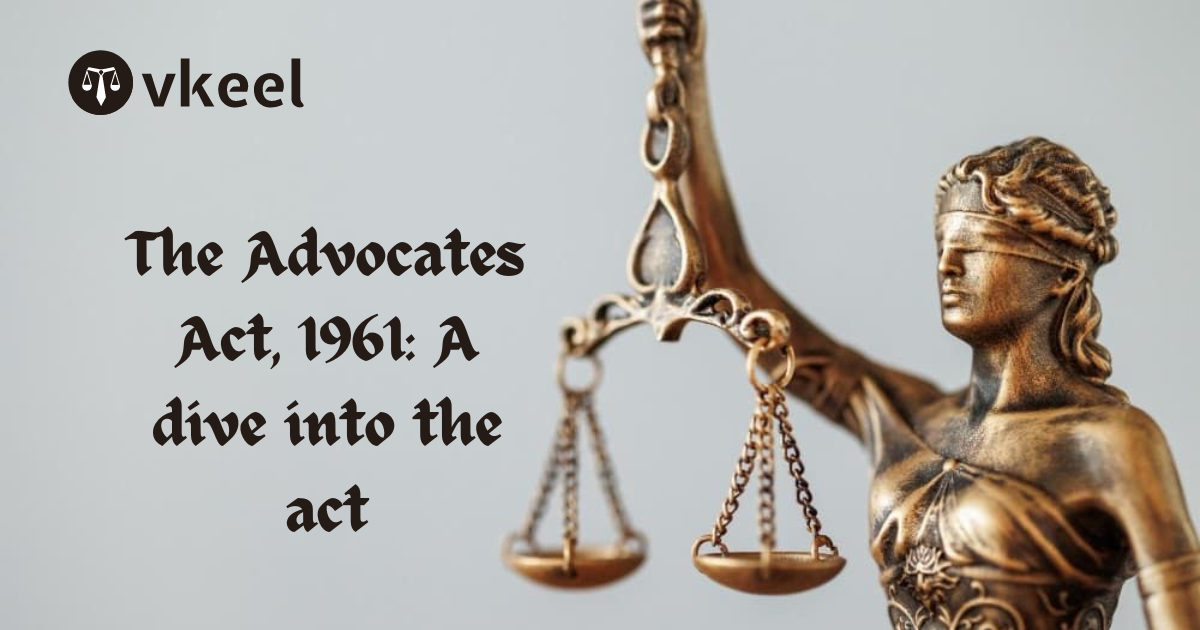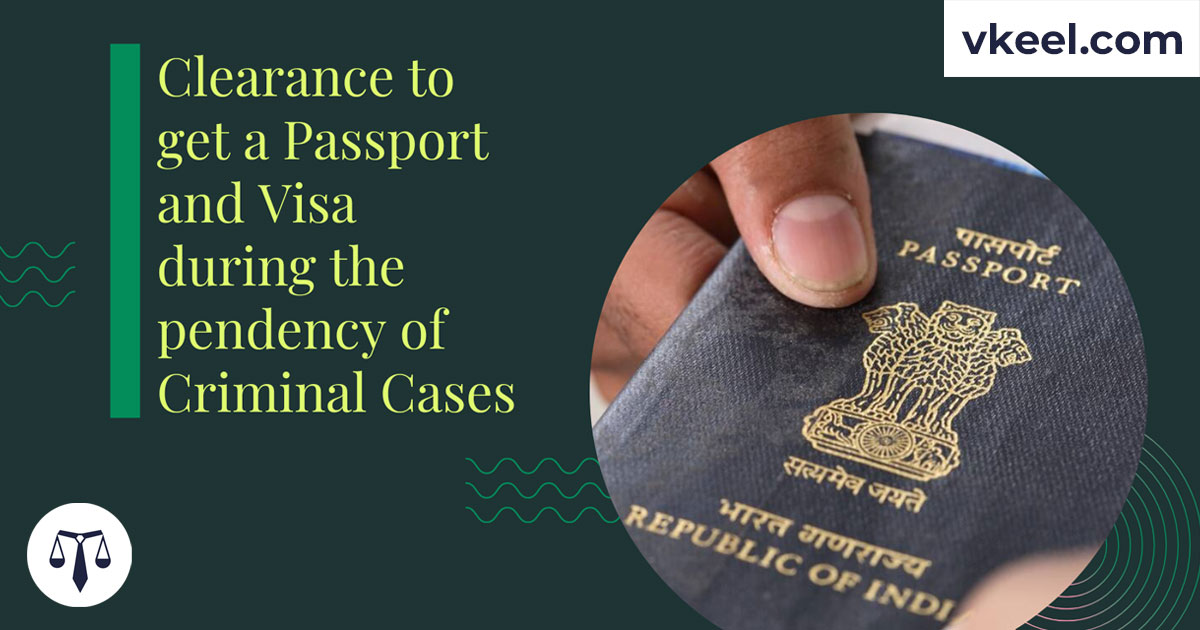NRI’s Power of Attorney to sell property in India
By Kishan Dutt Kalaskar
Kishan Dutt Kalaskar: There might be numerous occasions in an individual’s life wherein he may be required to manage assets, properties, financial balances, and so forth, however, under certain circumstances, he may not be in the right condition to fittingly execute his/her obligations because of unanticipated conditions like being sick, being abroad (in the event of an NRI) or the individual is too old to perform his obligations. Therefore, during conditions where a monetary exchange must be completed, in situations where the presence of the individual who cannot show up actually, at that point the primary arrangement towards this is to delegate his powers, i.e., to act on behalf of the person. This procedure of delegation of power is called Power of Attorney (POA). An unanticipated circumstance where the legitimate proprietor cannot use his capacity is the point at which a Power of Attorney deed is executed. This practice is exceptionally famous for transferring one’s powers to a trustworthy and honourable individual to direct activities like sale, leasing, registrations and so forth given that individual is busy or unavailable.
Suppose you are a non-resident Indian and need to lead the immense monetary exchange in India, for example, selling the property. In that case, this could turn into a huge problem if one needs to make a trip to India and back at all times. There is a simpler and straightforward answer to this. By drawing up the Power of Attorney for the non-resident Indians to sell their property in India, one can undoubtedly complete their exchange without in a real sense heading out to India. A power of attorney to sell property in India is not complicated.
Consult with: Top Lawyers of India
Notwithstanding, in 2011, the Supreme Court of India in a landmark judgment saw that transferring property title through a General Power of Attorney (GPA) is illicit. Be that as it may, before learning the legitimateness of the Supreme Court request let us comprehend the idea of a Power of Attorney.
What is a Power of Attorney?
A Power of Attorney is an authorization granted by a written formal instrument whereby an individual named as the principal/donor authorizes another individual named as the attorney/agent/donee to act on his/her benefit. In India, a power of attorney is utilized by numerous property purchasers to help them with transactions engaged with purchasing a home. It could incorporate a capital acquisition of the place that is known for home, renting, selling the property or the home loan. When purchasing a home, a person should hire a dependable and reliable power of attorney who can assist an individual with the buy procedures. The POA is frequently utilized by NRIs hoping to purchase property in India. In the simplest terms, it is the power (right) that an individual (Principal) awards to an attorney (a legal representative). A principal-legal representative relationship is established between the two, and the acts of the legal representative would bound the Principal. For example, suppose an individual has bought a property in India and cannot be physically present to handle the registration. In that case, he can assign these rights/obligations to any family member/companion through a registered power of attorney.
Kinds of POA
Special POA: In a special POA, a power of attorney is confined and restricted to a particular purpose. A special POA might transaction-specific, and the POA ceases on the culmination of a transaction.
General POA: Under a general POA, expansive powers are allowed to the representative to make decisions in the interest of the Principal. Additionally, the representative can likewise complete the different activities for the benefit of the Principal with no impediment on transactions.
Talk with: Best Lawyers of India
Durable POA: A durable POA stays effective for a lifetime except if it is expressly revoked. A particular condition can be inserted in the document, expressing that the representative’s capacity would stay legitimate regardless of whether the Principal gets incapacitated.
Usage of Power of Attorney
Even before the COVID-19 pandemic, frequently travelling was impossible for some NRIs, in light of their jobs, occupied timetables and even affordability. Thus, the majority of them utilized the power of attorney instrument to lead different organizations in the nation of their origin. Under this legal course of action, one can endow anybody to represent them to conduct specific businesses on their behalf. Regardless of whether the NRI can return to India to make the purchase, eventually, they need to employ a legal representative, for asset management purposes. Utilizing the POA instrument, an NRI can conduct different real estate-related organizations in India, including sale, purchase, leasing, mortgaging, etc. Additionally, if a property is together held, it very well may be hard for all the co-owners to present themselves and complete an exchange. Via granting a POA to one individual, the joint owners can move ahead without any issues.
Power of Attorney in Real Estate: In Real Estate, a power of attorney plays a critical function in the transaction of the buy or sale of a home. For a long time, the authority of the POA was mishandled as they were utilized to avoid the payment of a capital gains tax which led to the investment of black money. In light of this issue, the Supreme Court passed a law expressing that POA should just be utilized for genuine transactions and not for the transfer of the title or right to someone else or property. On the other hand, any POA that is assigned to help with the exchanges of the property should be registered with a sub-recorder who is situated in the jurisdiction where the purchaser lives. If the home-purchaser is an NRI, the POA picked should be certified by the consulate of the nation they live in.
Consult with: Top Lawyers of India
What are the basic provisions in a Power of Attorney?
While initiating a Power of Attorney, it is fundamental to cover explicit mandatory provisos relying on the kind of power of attorney that is being made. Coming up next are the basic provisos that must be remembered for a Power of Attorney deed:
- Complete details of the Principal/donor making the Power of Attorney like his name, age, address as well as his present occupation.
- Important information of the agent/attorney/donee that is the individual who is getting the authority.
- The reason to grant the power to someone else must be clarified and be legitimate.
- The time, a date just as the place of making the Power of Attorney deed and its execution date also (date from which the Power of Attorney comes into force).
- If the Power of Attorney is time-bound, at that point, the planned date of the end of the Power of Attorney and on the off chance that there is no mention of the limit of the same it is to be referenced whether the Power of Attorney is durable or non-durable.
- Suppose there should arise an occurrence of a general power that is being granted. In that case, the Deed must specify the complete details of all the acts as well as the areas of allowing the said power. For example, if a general power about a property is granted, at that point, the Principal can grant the ability to lease or purchase any property while not being authorized to sell any of the properties.
- In the event of extraordinary power, the grant of the particular duty/assignment that should be performed by the agent/attorney must be specified in the Deed.
- The Deed should likewise indicate the time limit of the special power within which the obligation must be finished.
How can a Power of Attorney be executed in India?
If an NRI is available in India, he could execute the POA from India itself, before travelling to another country –
Stage 1: The NRI needs to get the ideal matter of the POA drafted and composed on non-legal stamp paper of good worth which is by and large Rs 100.
Talk with: Best Lawyers of India
Stage 2: Along with the legal representatives and two witnesses, the individual is needed to visit the Sub-Registrar’s Office.
Stage 3: It should be guaranteed that all the people setting off to the Sub-Registrar’s Office are conveying their valid identity proof. Copy of the POA, alongside the first duplicate, should likewise be brought.
Stage 4: At the Sub-Registrar’s office signatures, photos and fingerprints of the gathering will be gathered.
Stage 5: Now, a person needs to gather the registered POA on the due date from the Sub-Registrar’s Office. It may take three-five days after the formalities have been finished.
Consider the possibility that you are outside India.
On the off chance that you are settled abroad and won’t have the option to visit India, you may execute a POA from the nation of your residence through the Indian Embassy/Consulate. There are two different ways to execute a POA from abroad:
Legalization: For this situation, signatures of the notary or judge before whom the POA is executed are needed to be verified by the appropriately authorized representative of the Indian Embassy/Consulate. As indicated by Section 3 of the Diplomatic and Consular Officers (Oaths and Fees) Act, 1948, notarizing a deed from an approved official of the Indian Consulate/Embassy would be viewed as a legitimate public accountant. Such a POA is not needed to be stopped at the hour of execution. Be that as it may, it should be stamped within three months from the date of receipt of the POA in India. Stamp obligation would be payable as indicated by Section 2(17) read with Schedule-I of the Indian Stamp Act, 1899, when the Deed is presented for registration in India.
Apostallisation: The Deed of POA executed external India is demonstrated through an apostallisation cycle which is administered by The Hague Convention, 1961. Otherwise called super legalization, an apostille is a certificate which affirms and checks the signature/seal of the individual who authenticated the document. Be that as it may, this Deed, as well, requirements to follow Indian laws, for example, the Indian Registration Act, 1908, and the Power of Attorney Act, 1882. A person likewise needs to pay the stamp obligation on this.
Consult with: Top Lawyers of India
Regulation of Power of Attorney: A POA paper should be interpreted to incorporate all the vital powers for its execution. The POA must be given a strict interpretation, and no additional rights should be interpreted except if they are explicitly referred. For example, if the POA refers to “option to rent”, the “option to sell” cannot be credited to it.
The representative needs to act inside his scope and cannot bind the Principal by his acts which are beyond his power. As an NRI, you cannot be sued or considered answerable for the extortion of the agent, except if it is demonstrated that the misrepresentation was done in intrigue with you.
Repudiation of Power of Attorney
Suppose the Principal feels that the legal representative is abusing power allowed to him or cannot appropriately discharge the duties allotted to him. In that case, he has the choice to renounce the POA. Repudiation may likewise be required if the Principal thinks that now he is in a situation to deal with his assets.
How to deny a Power of Attorney?
- You may deny a POA during your lifetime.
- POA is additionally renounced when the Principal dies or gets insane or is declared insolvent.
- POA can be revoked on commonly agreed terms between the Principal and the representative.
- A POA is repudiated when the particular exchange for which it was executed has been accomplished.
Revocation of POA must be conducted in a similar way in which it was executed. If the POA was registered with the Sub-Registrar, you need to get it revoked from a similar office. Likewise, the representatives and the parties concerned should be appropriately educated about the cancellation of the POA. If the interests of an enormous number of individuals are included, it is suggested that a notification be distributed in a paper. A notification about the repudiation of the POA could likewise be posted on the property where it tends to be obvious to the general public.
Court precedent
There have been numerous situations where individuals resort to property deals through POA to evade installment of stamp obligation, which is illegal. Besides, selling properties where the proprietor has just right over possession, and no right over ownership through POA is additionally illegal. A fair exchange of title and proprietorship cannot occur if the deal is done through a POA and not using a sale deed.
Talk with: Best Lawyers of India
The Supreme Court of India in 2011 announced that “a power of attorney is not an instrument of transfer concerning any right, title or interest in an immovable property”. Following the equivalent, the Indian Apex court coordinated the metropolitan bodies not to change or register properties dependent on such archives. The Supreme Court, notwithstanding, restored those legitimate exchanges that have been brought out through GPA would be lawful.
The court additionally stated, “Nothing keeps influenced parties from getting registered deeds of conveyance to complete their title. The said exchanges may likewise be utilized to acquire explicit execution or to protect ownership under Section-53 An of the Transfer of Property Act, 1882.”
Because of this Supreme Court order, various states across India disallowed the registration of properties that were sold through a GPA. Besides, this landmark judgment of the Supreme Court has just assisted with limiting the free progression of black money somewhat in the real estate in India, where property titles are controlled way time and again. Other than this, because of this, a ton of property exchanges where costs were rounded off till now will be influenced.
Notwithstanding, after a total restriction on such properties was forced, the Delhi government at long last consented to allow registration of properties for the legitimate proprietor’s spouses, children, siblings as well as any other family member or individual of trust of the enlisted proprietor.
Conclusion
As an NRI living abroad, it is frequently difficult to keep steady over the procedures of your new home and dive into the basic essential details of the buy or sale. Consequently, allotting a POA is not just practical yet additionally accorded protection. If a new rule imposed by the government or property developer, you may be required to sign some documents and your POA can sign them on your behalf. Alternatively, if you are the victim of fraud during the real estate dealings, your POA can be presented as evidence in court. The way toward naming a POA is basic and direct, and as an NRI, it is emphatically suggested that you select one in your nation of origin to fill in as your delegate for any land exchanges.
Disclaimer:
The information provided in the article is for general informational purposes only, and is not intended to constitute legal advice or to be relied upon as a substitute for legal advice. Furthermore, any information contained in the article is not guaranteed to be current, complete or accurate. If you require legal advice or representation, you should contact an attorney or law firm directly. We are not responsible for any damages resulting from any reliance on the content of this website.












